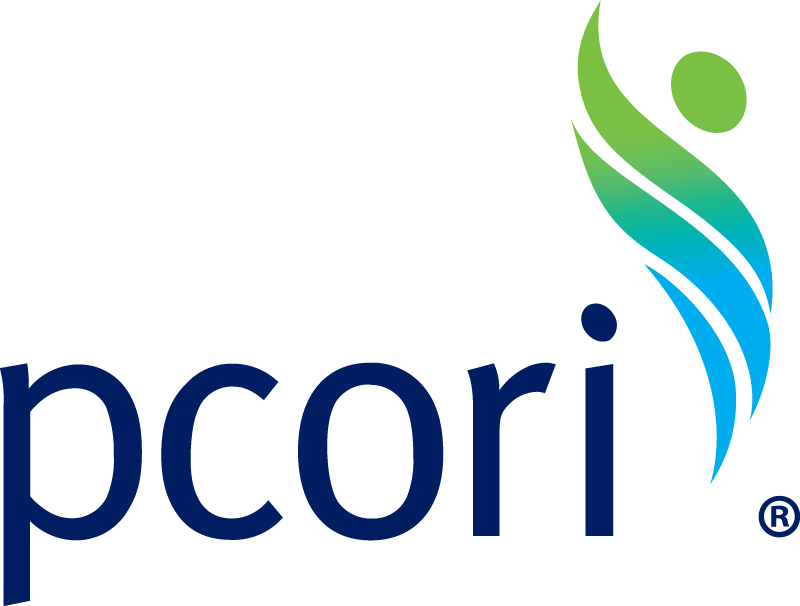NHC Comments on PCORI’s Proposed Principles
11/12/2020
By Maddie Mason, Senior Associate, Policy
The National Health Council (NHC) submitted comments to the Patient-Centered Outcomes Research Institute (PCORI) on their Proposed Principles Consideration of the Full Range of Outcomes Data (2020).
The NHC worked closely with Congress on the reauthorization of PCORI and specifically helped ensure that the full range of burdens and economic impacts on patients is considered in PCORI-funded research. This is an important provision, as it is intended to ensure that PCORI-funded researchers produce more holistic evidence relevant to patient decision-making. We know from experience that this provision will aid patients as it will assist them in navigating treatment options and better understanding the impacts of treatment beyond clinical outcomes. For more on the NHC’s recommendations for the reauthorization of PCORI, check out our blog and our Domains and Values.
We are overall supportive of PCORI’s proposed principles, as we believe they help capture a broader range of outcomes that are most important to patients and help emphasize the vitality of patient perspective in patient-centered research. The NHC looks forward to working with PCORI and our member organizations in implementing these principles, assisting with the next steps in this process, and developing methods to measuring non-clinical outcomes.
In order to assure that the implementation of this provision achieves its intended goal, the NHC made a few suggestions for the principles.
We believe that the list of potential burdens and economic impacts is a useful resource, but we urged PCORI to make it clear that this list is just a framework, and other unforeseen burdens and/or economic impacts may not be specifically included I the list, but still need to be considered. Additionally, we urged PCORI to add the following burdens and economic impacts to the framework:
- Forgone wages for patients. The list includes forgone wages for caregivers not for patients. This could be a significant issue for many patients;
- Paid support for patients. For patients who lack sufficient caregiver support, there may be a need to pay for support personnel and/or caregiver respite; and
- Toll on caregivers. For some caregivers there may be a physical or mental health impact from caregiving duties.
For more information, please read our full letter.
